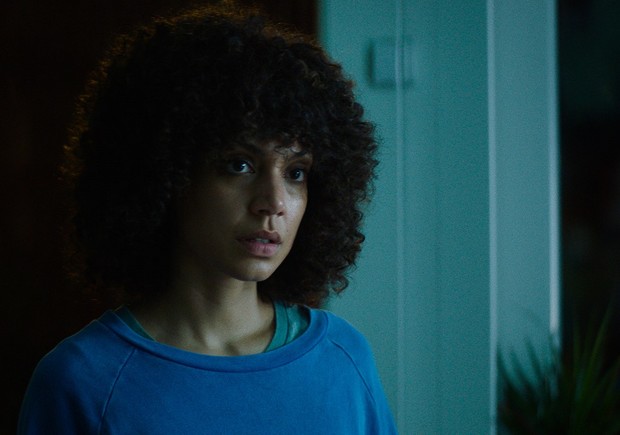previously published on Cineuropa
There are two things that are widely known about racism: that it is just plain bad and wrong, and that it is far from being stamped out. While it is easy to spot it and call it out when it appears in its most blatant forms of slurs and attacks, its more candid and casual forms – which may not be derogatory per se, but which still perpetuate the stereotypes – often fly under the radar. In her first feature, Precious Ivie (coming after her shorts, one mid-length film and a few episodes of the TV show Druck), Sarah Blaßkiewitz tries to deal precisely with these forms of “positive” racism in her hometown of Leipzig.
The movie world-premiered earlier this year at the Munich Film Festival, and its screening in the First Feature Competition of the Tallinn Black Nights Film Festival serves as its international premiere. The screening here comes as no surprise, since it won the Baltic Event Works in Progress Award in the same place two years ago, while at the development stage.
It seems that none of the racism that Leipzig and Saxony are infamous for affects our title character (played by Haley Louise Jones, who has an extensive background in TV acting): she is a mixed-race young woman who feels completely integrated within German society and shares the same problems as the rest of the folks from her generation. She splits her time between two jobs, one as a nursery teacher and the other in her best friend Ingo’s (Maximilian Brauer) tanning salon, while waiting for a permanent placement at one of the posh Waldorf schools. She and Ingo, together with her flatmate Anne (Anne Haug, glimpsed in Marco Kreuzpaintner’s The Collini Case), form a trio of childhood friends.
Ivie pays little heed to the questions and comments she gets at the job interviews at schools that focus more on her racial (she is often praised for her good German-language skills, even though she was born and raised in Leipzig) than her teaching background (Maths and PE), or even to the fact that her best friends call her by the nickname “Schoko” (cleverly translated as “Brownie”). This all changes when she gets a visit from Naomi (Lorna Ishema, seen in Barbara Ott’s Kids Run), the half-sister she never knew she had, who lives in Berlin. She arrives with news of their estranged father Amadou’s death in Senegal and the idea that the two of them should go there together.
In almost two hours of running time, Blaßkiewitz squeezes in a number of potentially interesting topics, such as the contrasts of East versus West, friends versus family, and one branch of the family versus the other, but Precious Ivie is at its best when it deals with the protagonist’s carefully formed identity, which falls apart if seen from another angle and in a new light. Some of Ivie’s existential problems stem from her being black, while others are rooted in her not being black or “exotic” enough to perpetuate the stereotypes.
The trouble with Blaßkiewitz’s scriptwriting approach is that the screenplay is too free-wheeling, and Precious Ivie tends to get diluted, scattering all over the place at certain turning points. Her directing skills when it comes to working with the actors, as well as making aesthetic and technical decisions, attain a competent level, but not a memorable one, so Precious Ivie is a little bland in its style. Nevertheless, it can still be praised for the importance of its topic and the clear-eyed view it provides.

No comments:
Post a Comment